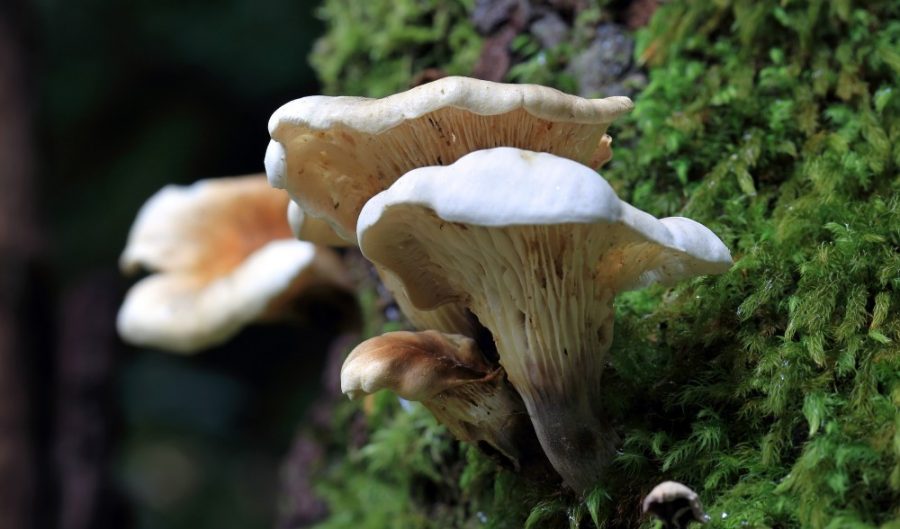Peter Kennedy is an associate professor at the University of Minnesota focusing on biology teaching and learning, ecology, evolution, behavior and plant and microbial biology. Kennedy is visiting from Minnesota and spoke with the Daily Wildcat about his research.
RELATED: UA student Chris Harper shares his passion for the stage
Daily Wildcat: What does your research focus on specifically?
Peter Kennedy: My research focuses on a couple different components. One of the components is characterizing the fungal communities that are present particularly in soil, environments and mostly in forests.
It’s kind of a basic biodiversity discovery aspect, so we use a lot of cutting-edge molecular techniques that allow us to sequence these soils that can tell us a lot about these highly diverse fungal communities.
The second component has to do with thinking about two aspects of the communities that we’ve characterized. One is: What are the basic assembly across species? How do these communities come together? Why are some communities rich? Why are some communities poor? And the other is to link the structure of these communities to their functioning in various ecosystems.
The fungi that we study play a pretty central role in that movement of carbon into and through, and also out of, soils.
DW: Why should we care about forest soils in the desert?
PK: It turns out forests are basically a lot of lungs on the planet, and they capture about 25 to 30 percent of all the human emissions of carbon dioxide. And so if you are from the desert, and if you don’t like forests but you do care about the plant community as well as the environmental conditions that you have in Arizona, you really should be concerned about the direction at which temperatures and droughts are headed.
By studying these forests and trying to characterize these fungi, we think we have some ideas about ways that we can mitigate the release of carbon dioxide back into the atmosphere and therefore slow down the increase in temperatures.
DW: How did you become interested in this subject?
PK: I grew up in the Pacific Northwest; I’m originally from Seattle. I spent a lot of time out in the woods as a kid. My dad was actually a mushroom forager — he loved to collect mushrooms to eat. So I had always been sort of fascinated by fungi, but not in any way scientifically. When I was an undergraduate, I was studying ecology and thought that was really an interesting topic and a really neat way to think about forests in particular.
RELATED: Q&A: Plant Science professor appointed Honorary Dean at Henan University in China
DW: What can Arizonans do to help in regards to climate change?
PK: The interaction between the fungi that I’ve mentioned and the classic way you think of fungi as decomposers, that interaction really works differently in pine forests, at least we think, than in other broad-leaf forests. A lot of those mountain forest in Arizona are dominated by pines, and so this interaction is really important. So, thinking about conservation of those forests.
There is a large-scale effort, and I think Arizona is leading the way with some of these exciting green technologies that are not based on fossil fuels, and so I hope that as a lot of those technologies come online, that’s [going to] slow down the amount of carbon that we’re pumping up in our atmosphere, which will help with slowing down the warming that we’re seeing associated with that. Supporting that, I think, is big.
Follow Alexis Richardson on Twitter















